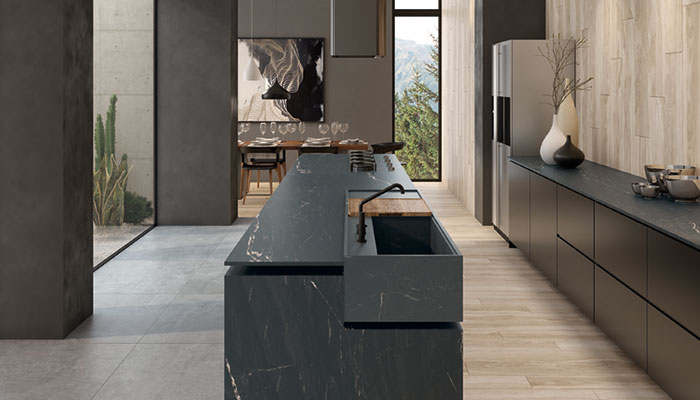Discovering Durability – The Future of Resilient Kitchen Countertops
In recent years, the quest for durable and resilient kitchen countertops has led to significant advancements in materials and design, paving the way for a future where these surfaces seamlessly blend practicality with aesthetic appeal. As homeowners increasingly demand longevity and resistance to daily wear and tear, the countertop industry has embraced innovation to redefine the meaning of durability. Traditional materials like granite and quartz, while still popular, are now being complemented by cutting-edge options that promise not only strength but also sustainability. One key player in this evolution is the emergence of engineered materials that combine the best attributes of natural stones with enhanced durability. Porcelain countertops, for instance, have gained traction due to their remarkable resistance to scratches, stains, and high temperatures. Manufacturers are investing in advanced production techniques to create porcelain slabs that mimic the luxurious patterns of marble or granite while offering unparalleled durability.

This shift toward engineered materials not only ensures longevity but also addresses concerns about the environmental impact of mining natural stones. Moreover, the integration of nanotechnology has opened up new possibilities for kitchen countertops. Nanotech-enhanced surfaces boast self-healing properties, effectively minimizing the impact of scratches and minor damages over time. These countertops exhibit remarkable resilience, bouncing back from every day wear and tear to maintain a pristine appearance. Additionally, the use of nanomaterials has allowed for the development of antibacterial and antimicrobial surfaces, promoting a healthier kitchen environment by inhibiting the growth of harmful bacteria. In the pursuit of sustainability, recycled materials are making a significant mark on the future of kitchen countertops. Eco-conscious consumers are increasingly drawn to surfaces crafted from recycled glass, concrete, or even reclaimed wood. Not only do these materials contribute to reducing waste, but they also infuse a unique character into kitchen spaces go to site for more details. The durability of these recycled options is enhanced through advanced manufacturing processes that reinforce their structural integrity while preserving the aesthetic appeal of the original materials.
Looking ahead, the integration of smart technologies is poised to revolutionize kitchen countertops, adding a layer of functionality that goes beyond the conventional. Imagine countertops with embedded sensors that can detect temperature changes or monitor food freshness. Smart surfaces that can charge electronic devices wirelessly or even display interactive recipes are no longer mere fantasies but tangible innovations on the horizon. These futuristic features not only elevate the user experience but also showcase the adaptability of kitchen countertops in an increasingly technology-driven world. In conclusion, the future of resilient kitchen countertops lies at the intersection of durability, sustainability, and innovation. Engineered materials, nanotechnology, recycled elements, and smart functionalities are shaping a new era where countertops not only withstand the test of time but also enhance the overall kitchen experience. As homeowners continue to prioritize longevity and environmental consciousness, the countertop industry is embracing these challenges to create surfaces that are not just enduring but also reflective of the evolving needs and aspirations of modern living.
